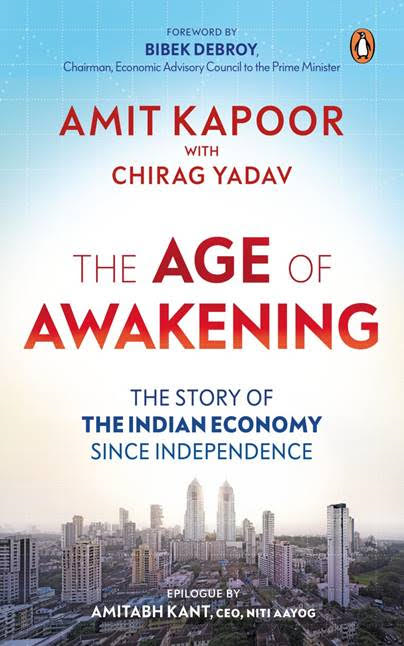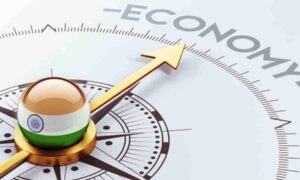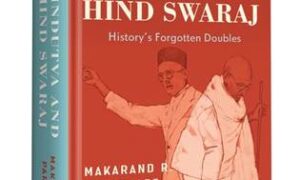
Indian leaders at the time of independence had their tasks cut out. The nation that was marred by an ugly Partition had to be prevented from coming apart at the seams. A Constitution had to be framed to address the needs of a diverse and complex society. An election system had to be designed for an electorate that was mostly illiterate and was hardly familiar with the concept of democracy. And finally, an economic policy had to be shaped for a widely impoverished population that had been drained of its riches after centuries of exploitation.
Among these aspects of nation-building, the success of the latter has been especially debatable. The economic path that India chose at the time is often questioned and criticized to this day for its lackluster growth outcomes which eventually ended in a full-blown crisis in 1991. Since then India has shifted gears. The economy has become more welcoming of the outside world and grown at a pace that has never been witnessed in its history.
But why did India make these choices? What was the role of our political leaders in shaping the economy as it is today? Where did they falter and where did they succeed?
The Age of Awakening tells India’s economic story since independence and of the men and women who played it out. It unfolds a tale of vast titanic figures, colossal failures, triumphant breakthroughs and great moral failings. Weaving together vivid history and economic analysis, this book makes for a gripping narrative.


















